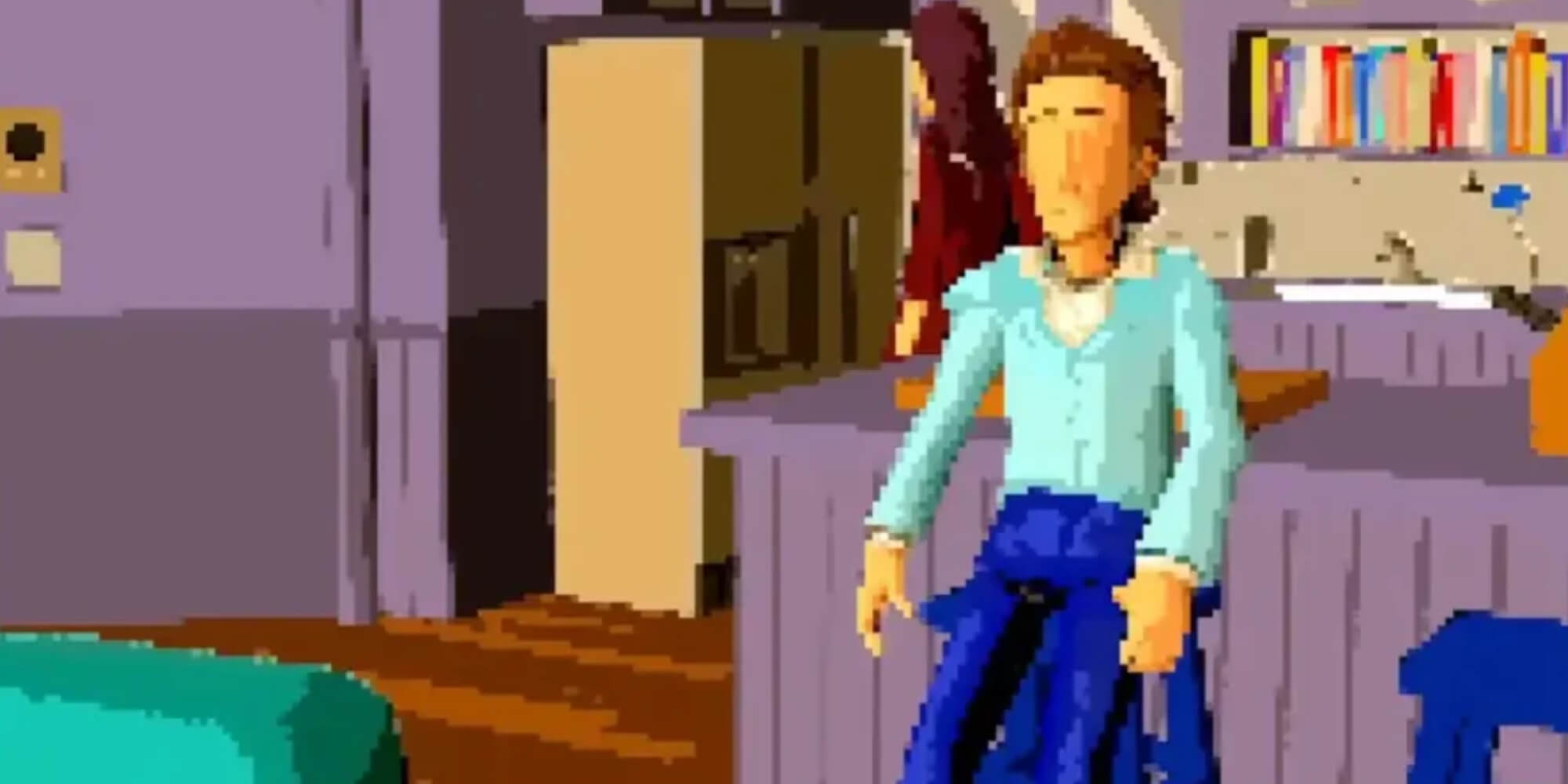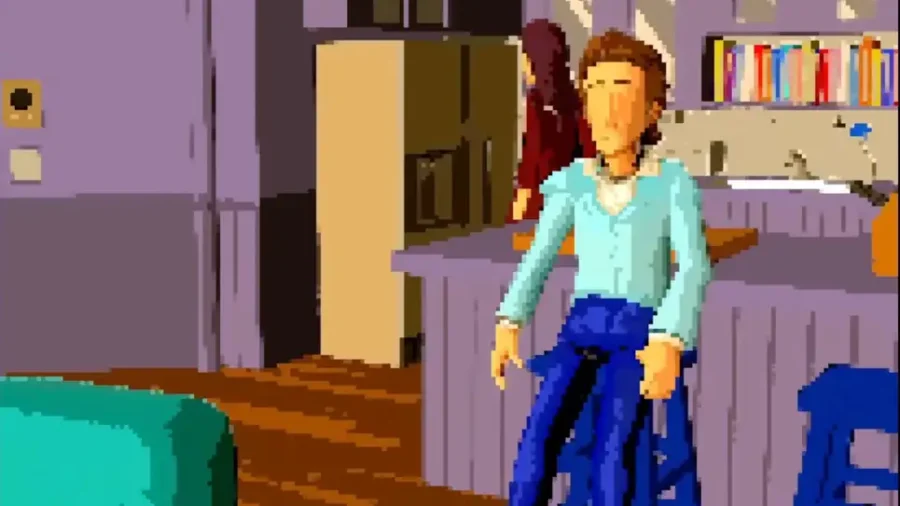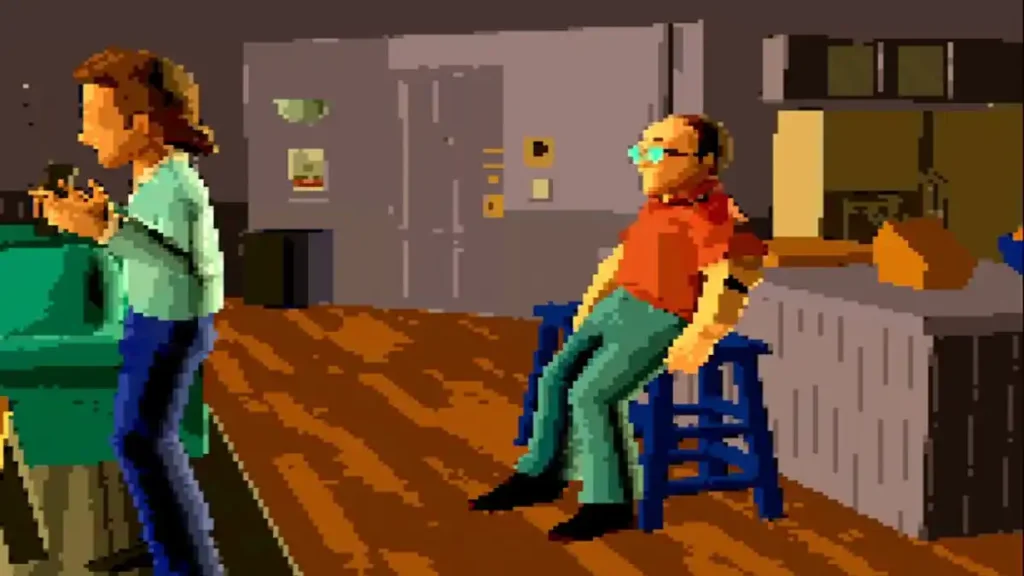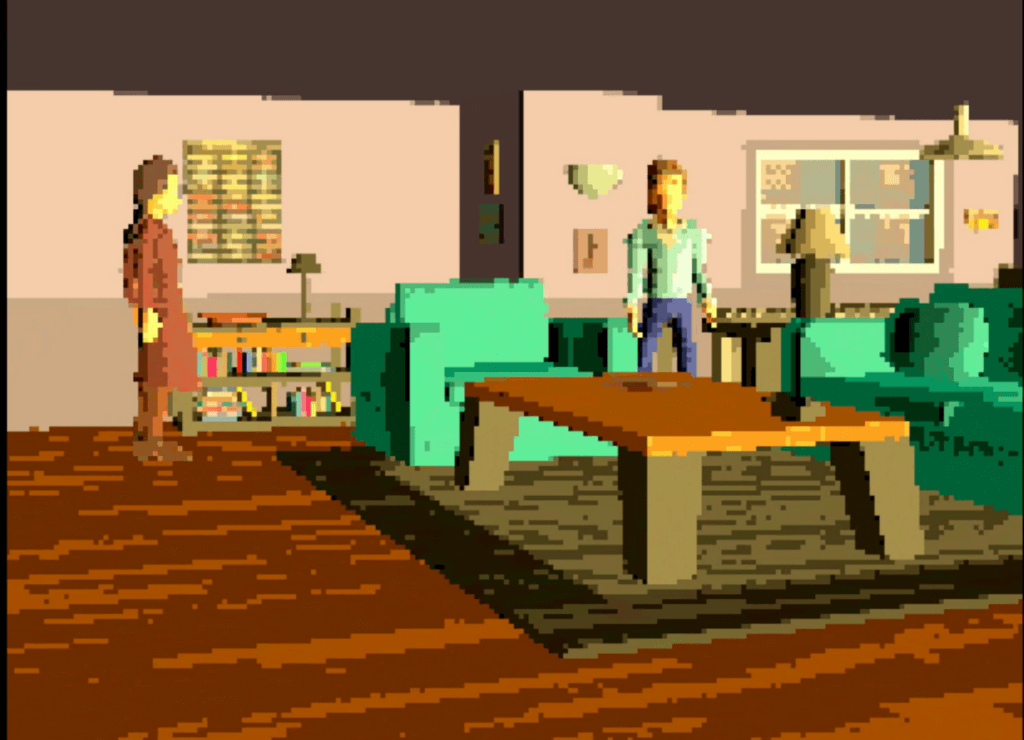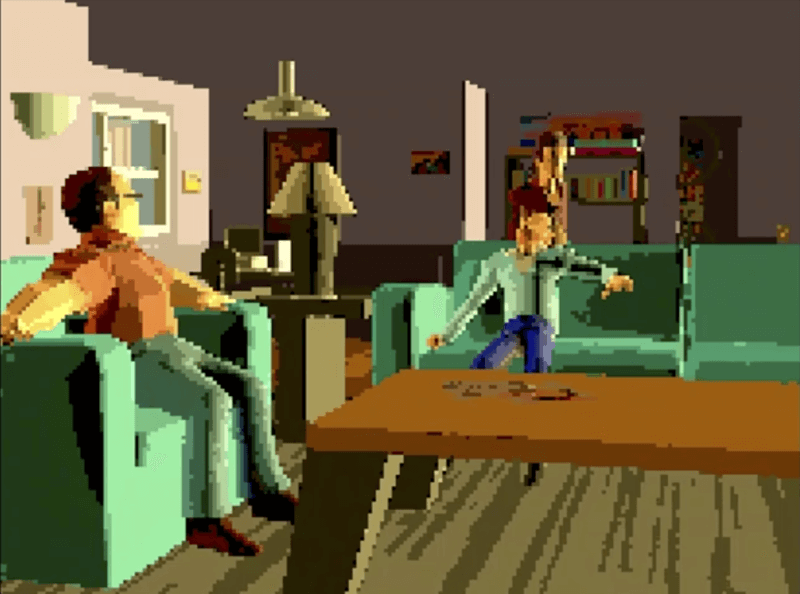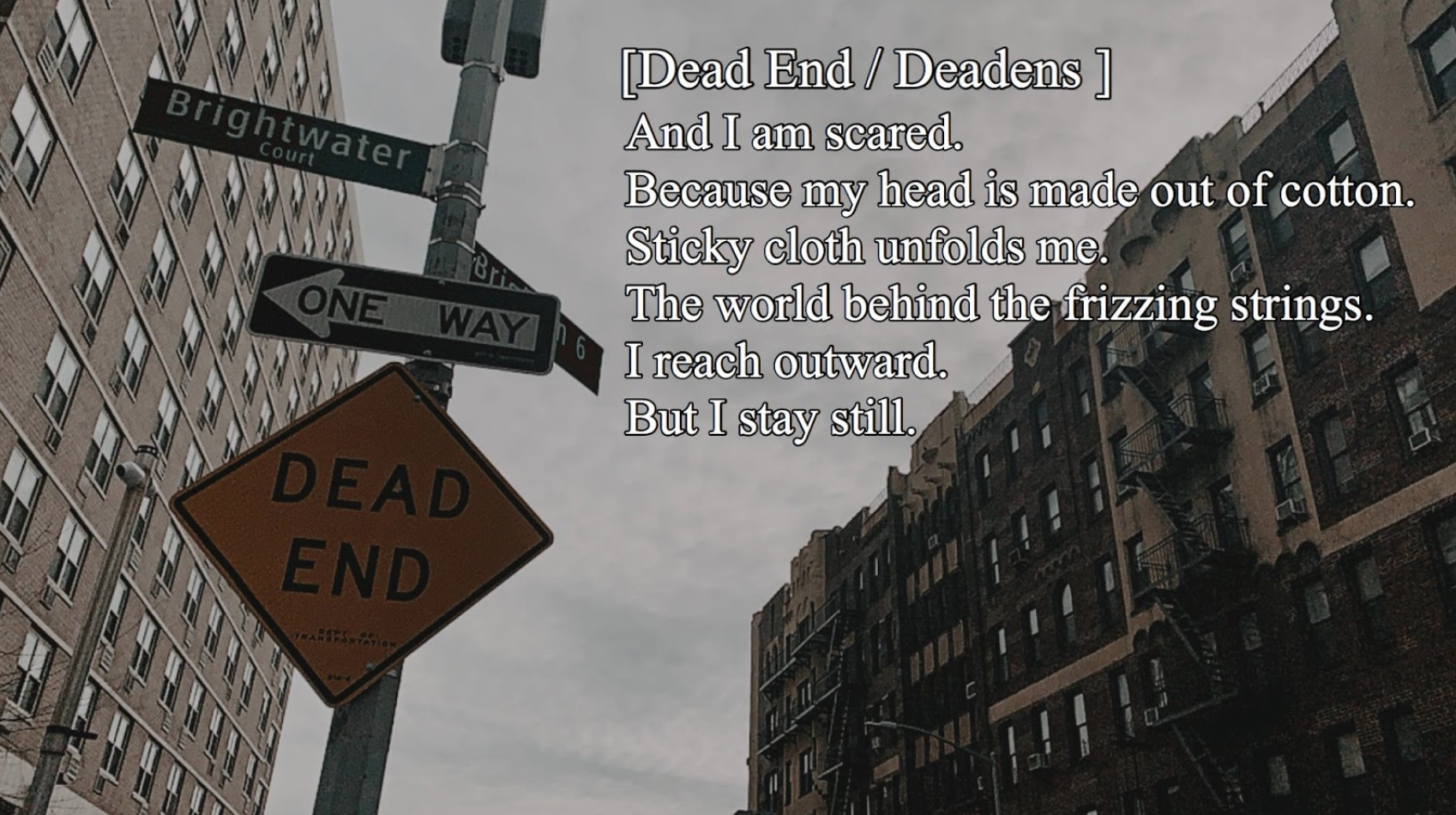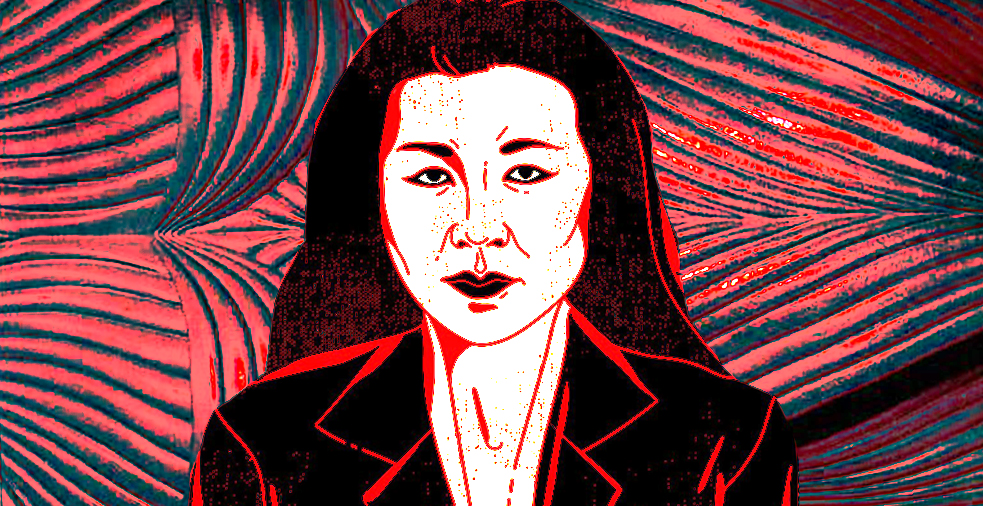“The Future of Comedy: Can AI Really Replace Human Creativity in Entertainment?”
“Comedy revolves around human experiences and their coping mechanisms amidst trauma. However, robots lack the capacity for such emotional upheaval, making them immune to humor’s allure.”
This quote by comedian Whitney Cummings perfectly captures the ascent and decline of an AI comedy show resembling Seinfeld. Known as “Nothing, Forever,” this AI-generated program embraced Seinfeld’s renowned “show about nothing” concept and took it to new heights. With its ability to generate fresh content 24/7, “Nothing, Forever” became an endless source of entertainment. It featured lively character interactions, occasional comedic lines, and clever puns. Yet, it also became a gamble, as Reddit users described, enticing viewers to keep watching for hours, hoping for the next comedic gem just moments away.
The overwhelming popularity of “Nothing, Forever” on Twitch, rapidly becoming one of the platform’s fastest-growing channels, stemmed in part from its novelty factor. AI projects consistently garner heightened attention, often beyond their merit. However, the sporadic funny puns further emphasized that the comedy of “Nothing, Forever” primarily stemmed from absurdity, deviating from traditional humor. These gags dissipated into the void, creating a unique comedic uncanny valley that many found enjoyable due to its sheer obscurity. For instance, one segment discussed whether the local fish market was managed by aliens, but the scene abruptly ended, leaving the potential alien conspiracy unexplored. Bizarre moments like these possessed an undeniable entertainment factor, yet ultimately became tiresome, leaving vast untapped comedic potential.
After roughly two weeks, the inevitable occurred: “Nothing, Forever” produced “jokes” that offended some users, including transphobic content, resulting in a temporary ban. The creators promptly apologized and committed to implementing improved filters and guidelines for the AI, ensuring offensive topics would be excluded from joke generation.
This failure of AI as a comedy writer exposes one of its greatest challenges: AI excels at predicting expected responses, whereas humor thrives on unexpected reactions and situations. AI’s inability to truly experience emotions or comprehend the absurd contexts of peculiar scenarios inevitably leads to its downfall. The funny or tragicomic nuances of life reside not in recognizable patterns but in the unpredictability of the ordinary. While AI may evoke laughter by showcasing its own inadequacies, it parallels our robot vacuum cleaners, amusing us with their unyielding penchant for getting stuck under furniture.








